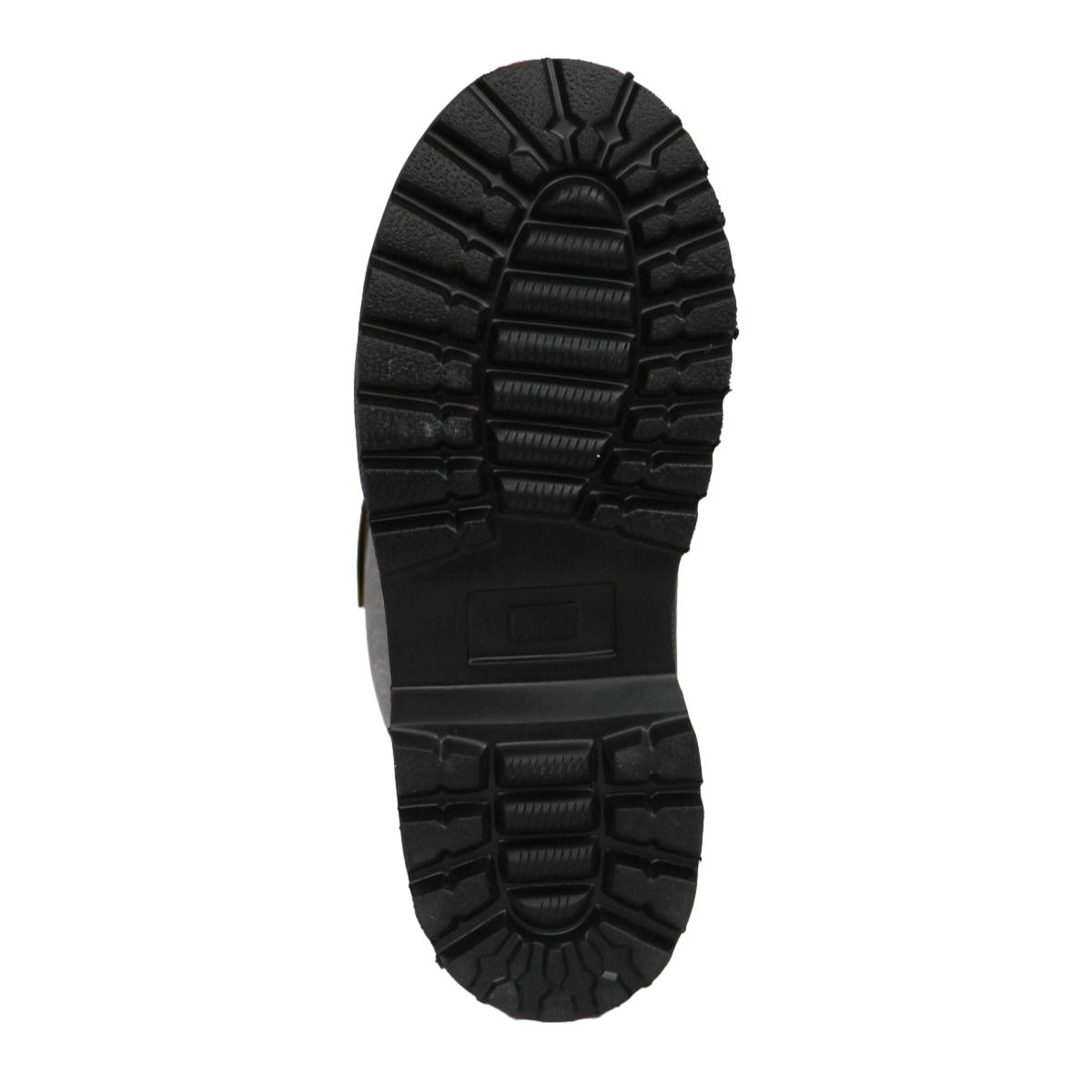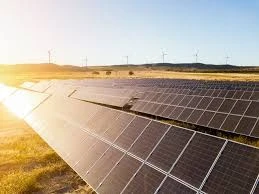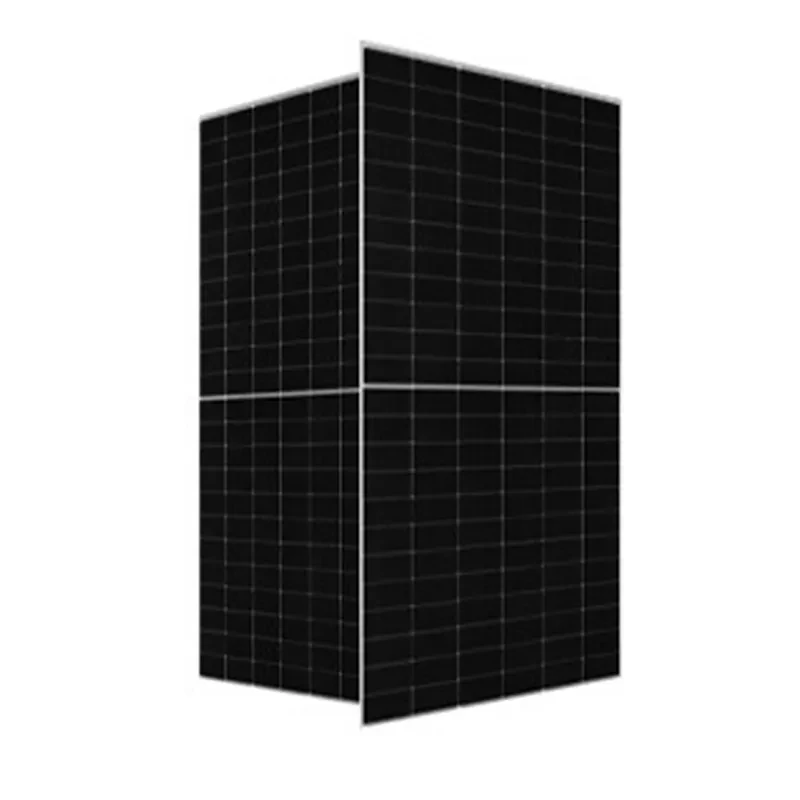Hip boots are typically made from waterproof materials such as rubber or neoprene. This ensures that they are able to withstand the wet and muddy conditions encountered while hunting. Additionally, many hip boots feature reinforced soles and toe caps to provide extra durability and protection against sharp rocks, branches, and other hazards.
hip boots for hunting





